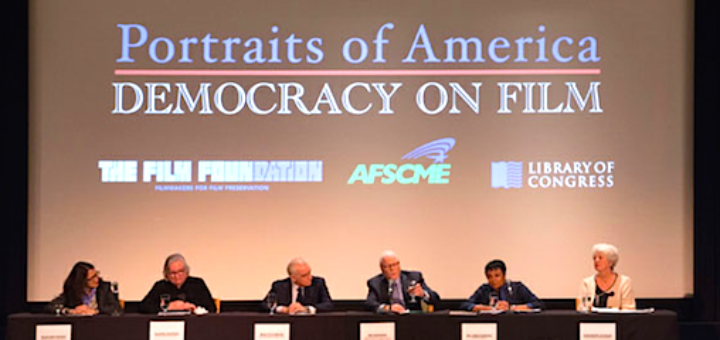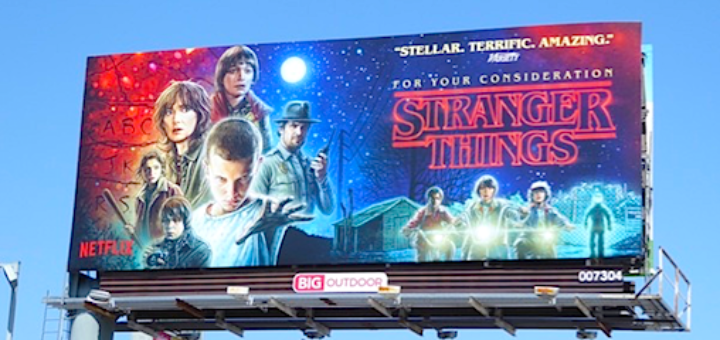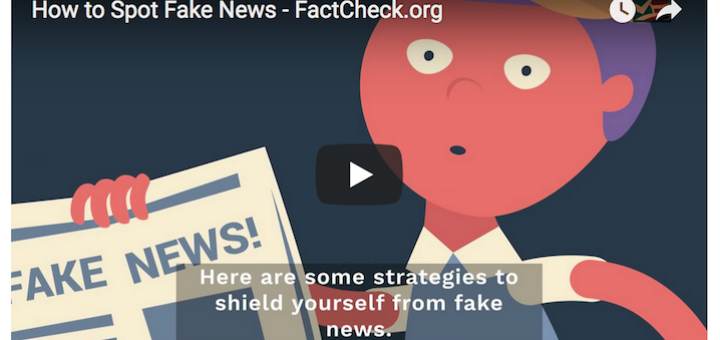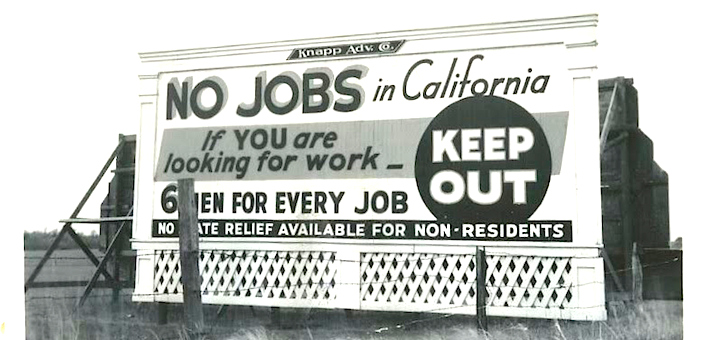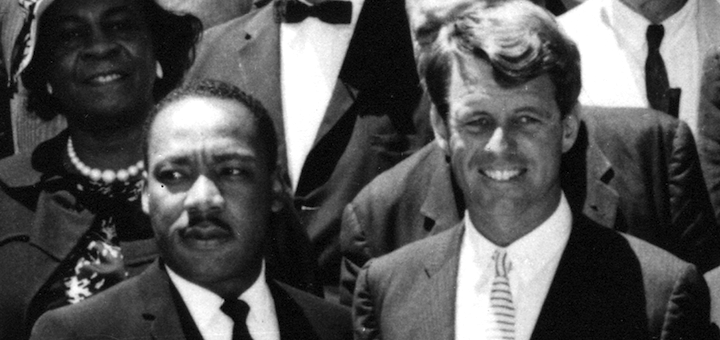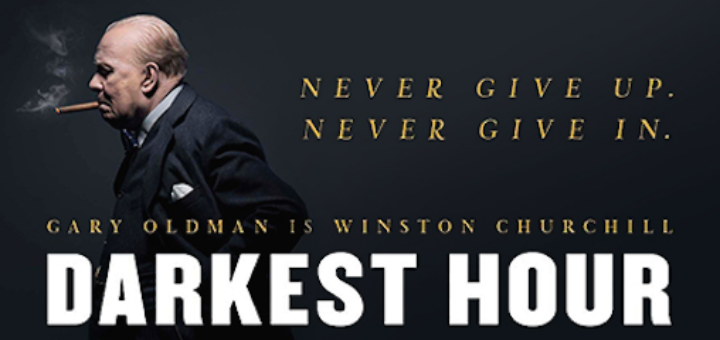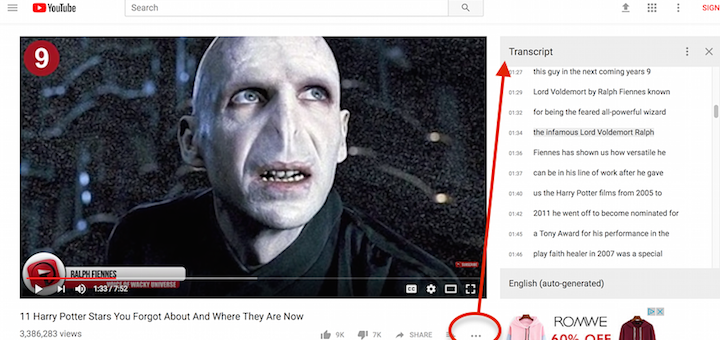Category: Close Reading the Media
Media literacy expert Frank Baker participated in an August conference to introduce educators to a major new curriculum from Martin Scorsese’s Film Foundation – “Portraits of America: Democracy on Film” – which will be available free to educators. Here’s his report.
Studying TV in the middle grades might seem frivolous, writes media literacy expert Frank Baker, but when teachers engage kids through popular culture, they meet them where they are. The Emmys is a perfect example. Baker has background and teaching ideas to get started.
Recent Stanford research found that today’s students have difficulty distinguishing media content created to inform from content designed to persuade and even deceive. Consultant Frank Baker shares some of his favorite short videos to help teachers address the problem.
One way to reach and connect with today’s adolescents is to bring their pop culture into the classroom. Fads and favorites can be hooks to boost media literacy – from a hip-hop song to a clip from a popular TV show, a trending commercial or snippet from a current movie.
Why do middle school students study The Great Depression? What do we want them to learn and understand about this period in American history? Media literacy expert Frank Baker offers a wealth of teaching ideas tied to the novel The Grapes of Wrath and its film treatment.
The tumultuous and difficult year of 1968 is getting lots of media attention during 2018 because it marks the 50th anniversary of so many newsworthy events in America. Media literacy expert Frank Baker says the anniversary focus offers many teaching opportunities.
Examining differences between the movie and the actual history – and the processes screenwriters use to adapt a true story – is worthy of media literacy classroom time, says Frank Baker, author of Close Reading the Media. Truth is, the film will never match the book!
In the wake of holiday indulgences, ads for weight-loss products snowball in January. Many contain outright falsehoods, the FTC warns. By inviting students to investigate, teachers can sharpen media literacy skills and explore persuasive vs. argumentative writing.
Film, video and television media are powerful engagement tools for literacy teachers. Author and media consultant Frank W. Baker shares lots of ideas about using screenplays, closed captioning, and media-related projects to boost reading and other literacy skills.
In today’s advertising-saturated world, their attention may be the most valuable thing students own. Marketers want it and they’ll grab it anyway they can. It’s the job of educators to make sure kids understand what’s going on, media literacy expert Frank W. Baker says.

